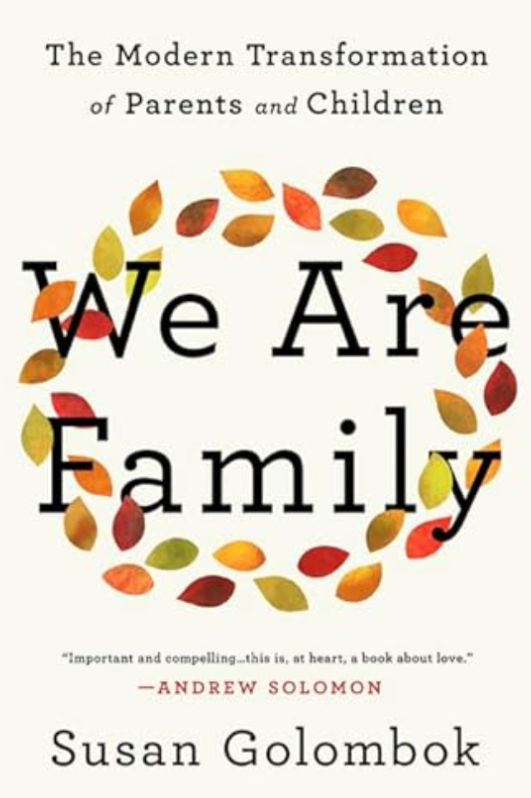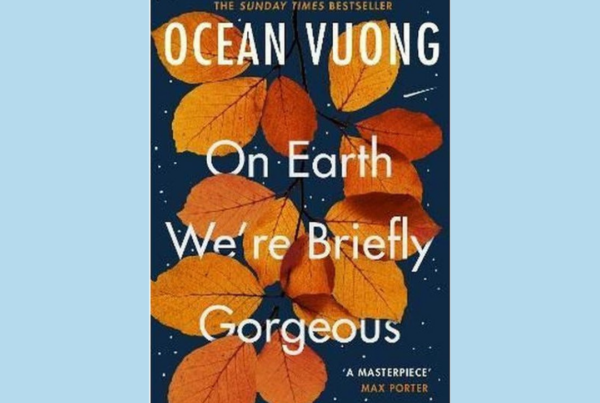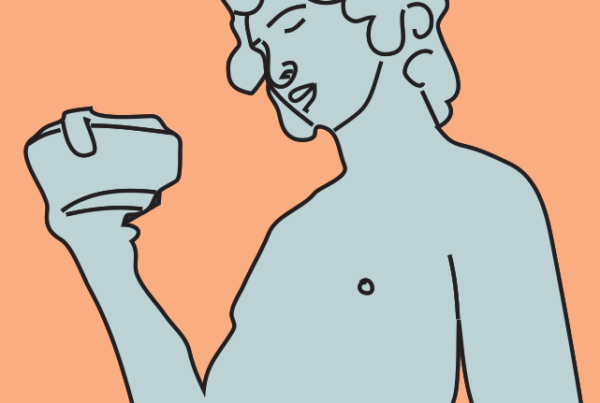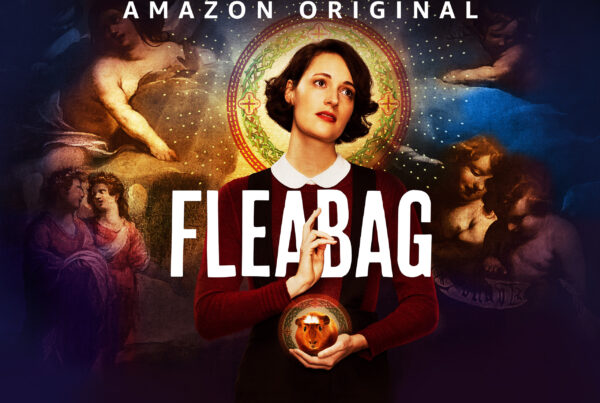
On the cover of the version I have, Andrew Solomon calls “We are family” by Susan Golombok a book about love. Reaching the end of this book, this is exactly the feeling I had. Love is behind every line, yet Golombok does not explicitly talk about it. Instead, she talks about how families can look very different on the surface and how this creates the unfair burden of them having to gain the title of “family” in the eyes of sceptics.
Susan Golombok is a professor at the University of Cambridge and former director of the Centre for Family Research. She researches whether family structure impacts the well-being of children by looking at non-traditional forms, such as single parents by choice, families with two mothers or two fathers and families formed through assisted reproduction technologies, for example through in vitro fertilisation with a donor or where the baby was carried by a surrogate.
Many people have strong opinions on how families should look like and when they should be formed. Golombok shows that it is time to expand the definition of family by answering hotly debated questions with data rather than with personal biases and preferences. Does it matter if children are biologically related to you, your gender as a parent or how old you are when you have your babies? Are children born with the help of a donor or a surrogate less “your children” than children conceived naturally? In this book you will discover the stories of less-talked about families, through their personal experiences as well as through the results of scientific studies.
When people come into contact with something new that disrupts their schema of the world, they often react with fear and opposition, which is what has historically happened to non-traditional families, and sadly is still happening. This book demonstrates that there is little to worry about when it comes to the well-being of children growing up in these families. That is, if you really worry about the children and not just use this as an easy argument against something you personally disagree with for other reasons, such as the culture or religion you grew up in. Read “We are family” to discover why children in non-traditional families thrive and be reassured that the structure of family is not what brings challenges. The only thing that does is the lack of tolerance and acceptance from others around them.
This book will convince you that when you imagine a family, all you really need to imagine is love.
Available at your local book store or online, starting from €13,99.

On the cover of the version I have, Andrew Solomon calls “We are family” by Susan Golombok a book about love. Reaching the end of this book, this is exactly the feeling I had. Love is behind every line, yet Golombok does not explicitly talk about it. Instead, she talks about how families can look very different on the surface and how this creates the unfair burden of them having to gain the title of “family” in the eyes of sceptics.
Susan Golombok is a professor at the University of Cambridge and former director of the Centre for Family Research. She researches whether family structure impacts the well-being of children by looking at non-traditional forms, such as single parents by choice, families with two mothers or two fathers and families formed through assisted reproduction technologies, for example through in vitro fertilisation with a donor or where the baby was carried by a surrogate.
Many people have strong opinions on how families should look like and when they should be formed. Golombok shows that it is time to expand the definition of family by answering hotly debated questions with data rather than with personal biases and preferences. Does it matter if children are biologically related to you, your gender as a parent or how old you are when you have your babies? Are children born with the help of a donor or a surrogate less “your children” than children conceived naturally? In this book you will discover the stories of less-talked about families, through their personal experiences as well as through the results of scientific studies.
When people come into contact with something new that disrupts their schema of the world, they often react with fear and opposition, which is what has historically happened to non-traditional families, and sadly is still happening. This book demonstrates that there is little to worry about when it comes to the well-being of children growing up in these families. That is, if you really worry about the children and not just use this as an easy argument against something you personally disagree with for other reasons, such as the culture or religion you grew up in. Read “We are family” to discover why children in non-traditional families thrive and be reassured that the structure of family is not what brings challenges. The only thing that does is the lack of tolerance and acceptance from others around them.
This book will convince you that when you imagine a family, all you really need to imagine is love.
Available at your local book store or online, starting from €13,99.




